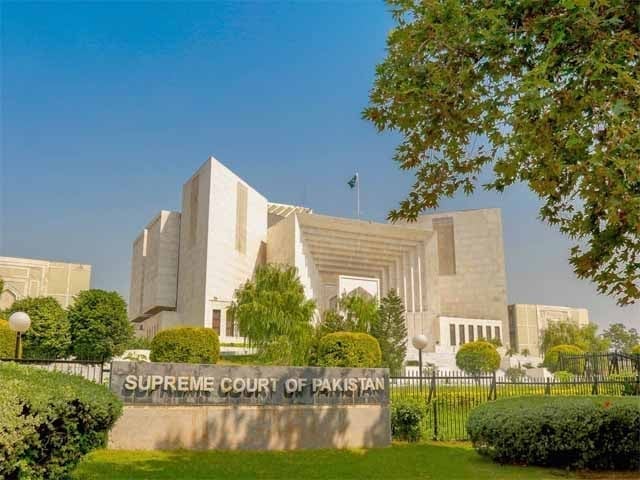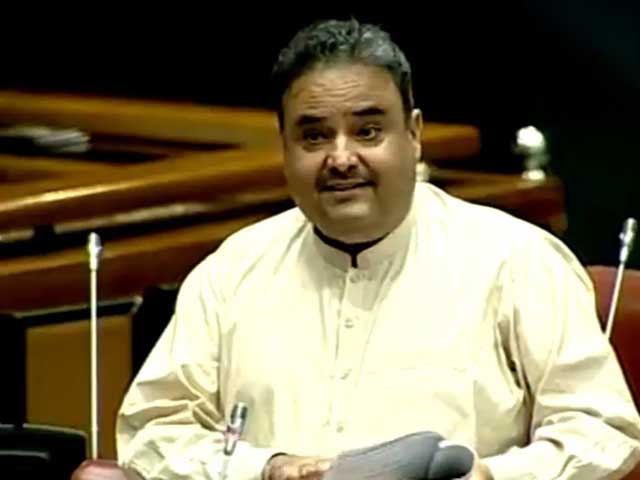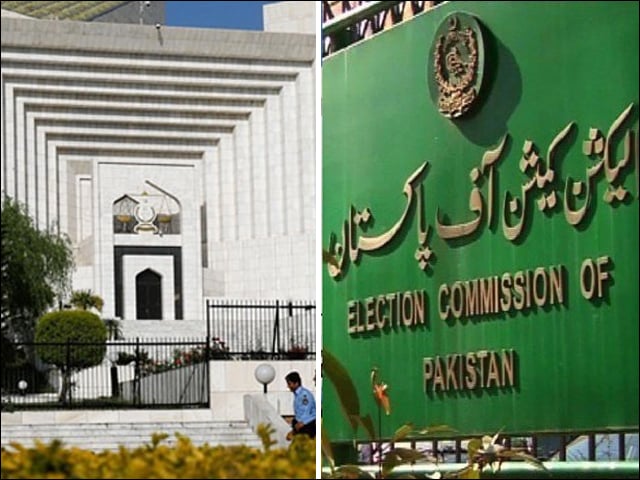Islamabad: The written decision of the Supreme Court hearing regarding the inconsistencies in the judicial decision on the term of disqualification under Article 62 One F and the amendments to the Election Act has been released.
In the judgment written by the Chief Justice of Pakistan, Justice Qazi Faiz Isa, it has been said that the lawyer Safai said that according to the Election Act now the period of disqualification under Article 62 1F is 5 years. Sub-section 2 of Election Act 232 has not been challenged in any court.
The judgment further stated that returning officers in elections would be in a quandary whether to apply the rule of lifelong disqualification or the 5-year rule. The Additional Attorney General said that it is a legal requirement to constitute a larger bench of at least 5 members for constitutional interpretation after the Practice and Procedure Act.
Also read this news: Those who destroy Pakistan should not enter politics again, but the disqualification is for five years, Chief Justice
During the hearing, the Additional Attorney General said that this matter now needs clarification. The court also issued notices to all the provincial advocate generals including the Attorney General and the Election Commission. The Supreme Court ordered that the court notice be published in Urdu and English newspapers as well. A court decision may also affect those who are not parties to the court. It is clarified that the case will not delay the general elections and the case will be heard in January under the Practice and Procedure Act.
According to the Supreme Court order, the minimum educational qualification for contesting in the 2008 general elections was graduation. Some candidates submitted fake degrees, which led to disqualification and penalties. The petitioner was sentenced to 2 years with disqualification for life. An appeal against the 2-year sentence is pending in the Multan Bench of the Lahore High Court.
According to the petitioner, the punishment for submitting false affidavit is life imprisonment under Article 62 1F, the order said. According to the petitioner, the period of disqualification under Section 232 (2) of the Election Act, 2017 is 5 years. According to the petitioner, the Election Act 2017 was amended on June 26, 2023. When asked about challenging Section 232(2) of the Election Act, lawyers expressed ignorance.
According to the Supreme Court’s order, all the lawyers said that the Supreme Court’s order and Section 232(2) of the Election Act would create unnecessary confusion in the upcoming general elections. The lawyers of the parties said that the decision of this court is necessary before the general elections regarding the determination of the period of disqualification. The uncertainty will increase the case load in election tribunals and courts.
According to the written order, the Additional Attorney General told the court that there should be a 5-member larger bench to interpret the Constitution under the Practice and Procedure Act. The Additional Attorney General said that this is a matter of interpretation of the federal law, the constitution and the decision of the Supreme Court, which may also affect the elections of the provincial assemblies. These appeals and the questions raised therein shall not be used to delay the next general election.
The Supreme Court has decided to hear all the cases related to the disqualification period together.
(function(d, s, id){
var js, fjs = d.getElementsByTagName(s)[0];
if (d.getElementById(id)) {return;}
js = d.createElement(s); js.id = id;
js.src = “//connect.facebook.net/en_US/sdk.js#xfbml=1&version=v2.3&appId=770767426360150”;
fjs.parentNode.insertBefore(js, fjs);
}(document, ‘script’, ‘facebook-jssdk’));
(function(d, s, id) {
var js, fjs = d.getElementsByTagName(s)[0];
if (d.getElementById(id)) return;
js = d.createElement(s); js.id = id;
js.src = “//connect.facebook.net/en_GB/sdk.js#xfbml=1&version=v2.7”;
fjs.parentNode.insertBefore(js, fjs);
}(document, ‘script’, ‘facebook-jssdk’));



